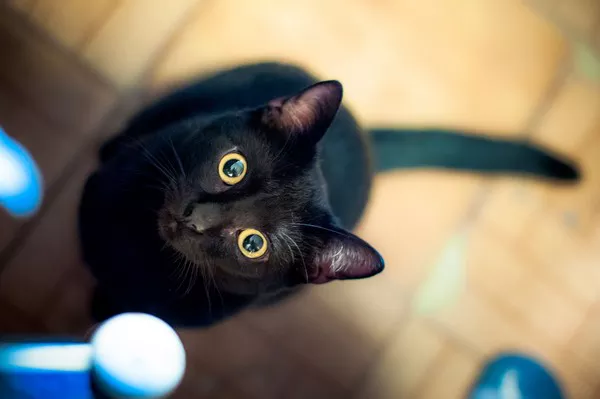Animal welfare experts are urging Britons to steer clear of a new breed of hairless cats known as ‘bullycats’, citing significant health risks associated with these animals, according to Kazinform News Agency.
The Naturewatch Foundation, an animal welfare charity, has raised alarms about the potential health issues linked to bullycats. These felines, which bear a resemblance to Sphynx cats but with more pronounced physical abnormalities, are susceptible to a range of health problems including sunburn, skin infections, and mobility challenges.
Bullycats have gained notable popularity on social media platforms such as Facebook, Instagram, and TikTok, where their distinctive appearance has drawn considerable attention. Originally thought to have emerged in the United States, this breed is now being bred in the UK, prompting serious concerns from animal welfare advocates.
Naturewatch Foundation has criticized this development as “an animal welfare disaster,” emphasizing the detrimental impact of extreme breeding practices. A spokesperson from the charity stated, “It is deeply troubling to witness these cats making their way into the UK. Unethical breeders are exploiting these animals for profit and social media fame, reflecting a troubling trend similar to extreme breeding practices observed in the dog breeding industry.”
Dr. Dan O’Neill, Associate Professor of Companion Animal Epidemiology at the Royal Veterinary College, supports these concerns. He highlighted that bullycats are expected to face significantly shortened lifespans and chronic health issues, akin to those experienced by Sphynx cats, which have an average lifespan of 6.7 years compared to the 11.7 years typical for most cats.
The Naturewatch Foundation is advising potential pet owners to avoid these designer breeds due to the anticipated high veterinary expenses and the emotional distress of dealing with chronic health issues. Instead, the charity advocates for adopting cats from shelters.
The foundation also calls for public action against the promotion of bullycats on social media and encourages reporting of such concerns to local authorities.
Related Topics
What Are The Common Eye Health Issues In Cats?
























